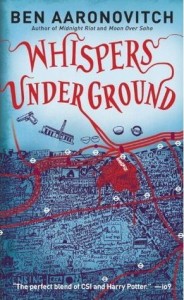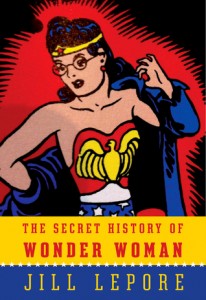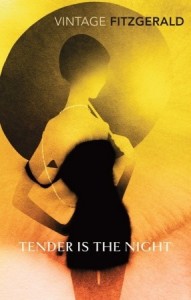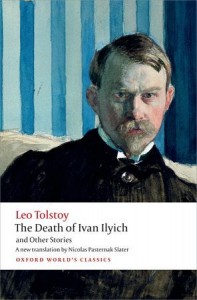 Title: The Paying Guests (Goodreads)
Title: The Paying Guests (Goodreads)
Author: Sarah Waters
Published: Hachette, 2014
Pages: 576
Genres: Historical Fiction
My Copy: ARC from Publisher
Buy: Amazon, Book Depository, Kindle (or visit your local Indie bookstore)
The Paying Guests is something a little different for Sarah Waters; set in 1922 London, it is a period of history I don’t expect from this author. The novel tells the story an impoverished widow and her spinster daughter who are struggling to keep their large Camberwell villa after the loss of her husband and sons due to the war. They take in a modern young couple, Lilian and Leonard Barber to help make ends meet. True to Sarah Waters form, The Paying Guest is full of tension and mystery, but there was something missing.
Granted I have only read Tipping the Velvet (I really should read Fingersmith) but what I know and expect from Waters is something set in the 1800’s. Needless to say this was an enjoyable novel, exploring the differences in classes and the effects of World War I on the people in London. This period of time is an interesting one; the results of the war and the modernisation of London make for an interesting backdrop.
What I think Sarah Waters does best is create incredibly complex characters and The Paying Guests in no exception. Told from the point of view of Frances Wray, all the characters within the novel slowly take form, as secrets and new facts are revealed about them. This is an effective way to build a character and allows them to grow with small reveals that are both expected and unexpected.
The main focus of this novel is the blossoming romance between Frances and Lilian, this is expected from Waters and where she really excels. The idea of forbidden love is a heavy theme, not just because a lesbian relationship would be taboo but also the fact that Lilian was stuck in a marriage she wasn’t happy with. This allows the reader to explore the concepts of love and relationships in interesting ways; should we be encouraging the relationship between Frances and Lilian when one is married?
As I said earlier, I still think there was something missing in this novel. There is a gothic element that runs through The Paying Guests which starts off well, with all the secrets that slowly began to be revealed. However this stopped working for me when the plot became too predictable. I’m not opposed to a predictable plot; the focus on the character development was effective enough. The problem was the whole gothic aspect became clunky and the basic plot didn’t allow this theme to really go anywhere and just left me wanting more.
Comparing this novel with Tipping the Velvet is probably a little unfair; this is a completely different type of book. Having read one great Sarah Waters book, I expected a little more. I like the way Sarah Waters writes characters and captures a time period; I would have liked to see her do more with a gothic theme. Somehow The Paying Guests was on track to being another great novel by Waters but for me, it fell a little short. Maybe someone new to Sarah Waters would enjoy this one more, as it gives a little tamer introduction to what this author does best. Having said that, I’m still excited to read everything written by Waters; she is a great author.

 Title: Whispers Under Ground (
Title: Whispers Under Ground ( Title: Acceptance (
Title: Acceptance ( Title: The Secret History of Wonder Woman (
Title: The Secret History of Wonder Woman ( Title: Among Others (
Title: Among Others ( Title: Tender Is the Night (
Title: Tender Is the Night ( Title: Perfume: The Story of a Murderer (
Title: Perfume: The Story of a Murderer ( Title: All the Birds, Singing (
Title: All the Birds, Singing ( Title: The Thousand Autumns of Jacob de Zoet (
Title: The Thousand Autumns of Jacob de Zoet ( Title: The Death of Ivan Ilyich (
Title: The Death of Ivan Ilyich (